- Home
Page 2
Page 2
 The Final Mission
The Final Mission Stuck in the Mud
Stuck in the Mud Near Extinction
Near Extinction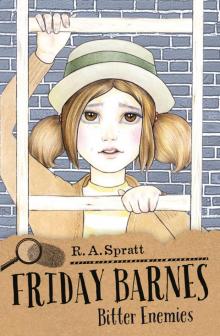 Bitter Enemies
Bitter Enemies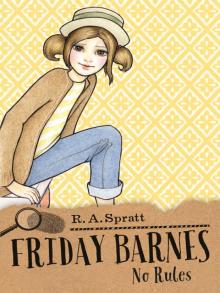 No Rules
No Rules The Mystery of the Squashed Cockroach
The Mystery of the Squashed Cockroach The Plot Thickens
The Plot Thickens Nanny Piggins and the Accidental Blast-off
Nanny Piggins and the Accidental Blast-off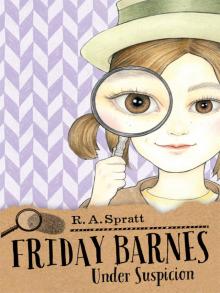 Friday Barnes 2
Friday Barnes 2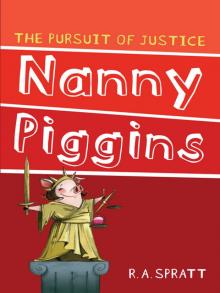 Nanny Piggins and the Pursuit of Justice
Nanny Piggins and the Pursuit of Justice Nanny Piggins and the Race to Power 8
Nanny Piggins and the Race to Power 8 Nanny Piggins and the Wicked Plan
Nanny Piggins and the Wicked Plan Nanny Piggins and the Daring Rescue 7
Nanny Piggins and the Daring Rescue 7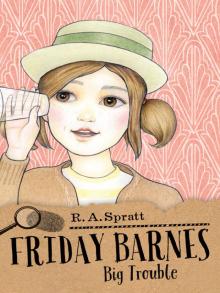 Friday Barnes 3
Friday Barnes 3 Danger Ahead
Danger Ahead Nanny Piggins and the Runaway Lion
Nanny Piggins and the Runaway Lion The Adventures of Nanny Piggins
The Adventures of Nanny Piggins